INTERVIEWS
Sarah Mattox
Interviewer: Marcela Torres
Language of interview: English
Country of practice: United States
Profession: Facilitator at Restorative Justice Project-Maine
Sarah Mattox has been a restorative justice facilitator for over sixteen years, and is the coordinator at “Restorative Justice Project Maine” a non-profit organisation that promotes training and capacity building in restorative practices, and community-based harm repair, in Maine’s rural contexts. The organisation works in diverse settings such as school districts, carceral settings, recovery housing, and community spaces.
During our conversation, Mattox talks about a variety of spaces for restorative encounters and the importance of their connection with local communities. She explains how the project has been questioning how restorative hubs should ideally look in terms of efficiency, location, scale, and number of people utilising the spaces. According to Mattox, the outdoor settings have become essential for healing purposes because they provide a sense of focus, togetherness, and connection with nature. However, they represent a big challenge since the strong winter in Maine makes the use of these spaces not feasible during certain months.
Further, Mattox describes the ideal restorative space as a “space where people feel held and received” without any bureaucratic or institutional feeling. The space should have universal accessibility to the location, good natural light and acoustics, and a room for food sharing. It should be warm, clean, and comfortable, with diverse options of seating, and multiple rooms for preparatory conversations and circles to occur simultaneously. To finalise, Mattox focuses on the importance of art for restorative spaces, and provides several examples from the project such as collaborating with an artist facilitator and having photography and artworks on the walls of the spaces. She finalises by explaining their desire to create a social justice visual space for exhibiting work exploring why restorative justice matters, by portraying data, stories, and art, that shows how citizens have benefited from these practices.
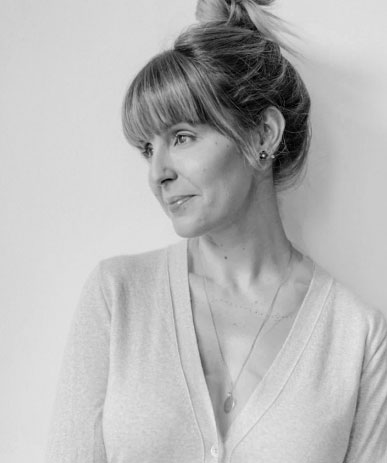
is an author, speaker, columnist, and podcaster in the fields of architecture and decorative arts. She is completing her MA in Art History at Concordia University, Montréal, and holds a Bachelor of Commerce with a major in Marketing from John Molson School of Business. She studied Industrial Psychology in Los Angeles, California. Sicotte is the author of two published books on design (2015, 2018) published by Les Éditions Cardinal.

is a Colombian PhD candidate in the Department of Art History at Concordia University. She has a background in architectural design and community activism and holds a master’s degree in Building and Urban Design from the Bartlett School of Architecture in London, England. Her interests focus on socially-engaged art, social movements, collaborative activism in post-conflict scenarios, collectively-produced art, and art produced in relation to the built environment.
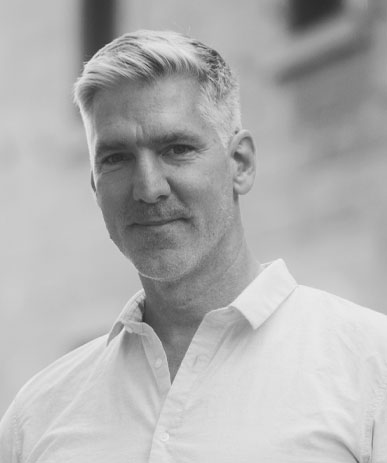
is a PhD candidate in Humanities at Concordia University. His research focuses on spatial agency, social aesthetics, youth narratives, and graphic representations of urban memory. He has published on the relationship between children, play, and public space in Cartagena, Colombia. He has also worked as an editor on literary projects, including Territorio Fértil, which received the María Nelly Murillo Hinestroza award for Afro-Colombian literature.
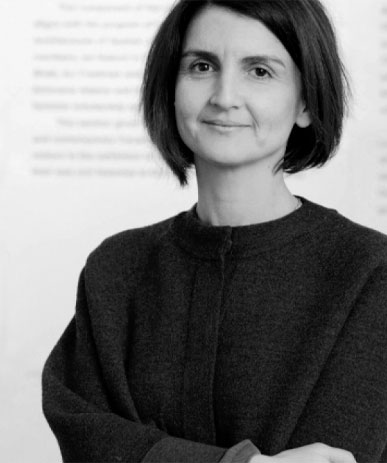
is Associate Professor and Canada Research Chair in Architectures of Spatial Justice (Tier 2) at the Peter Guo-hua Fu School of Architecture at McGill University, Montréal, Québec, Canada. Her research interests include low-income housing and participatory design, civil protest and urban design, and campus landscapes and race. Her publications include the co-edited book, Orienting Istanbul (2010) and solo-authored book, Istanbul Open City (2018).
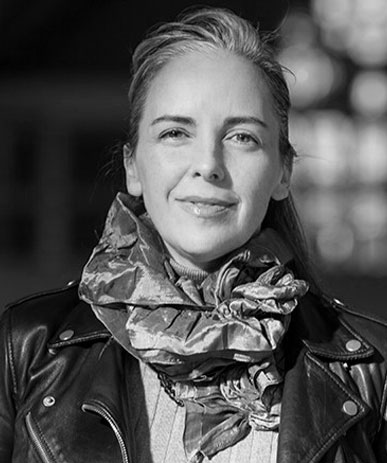
is an artist and a professor of Art History at Concordia University. Her work focuses on women and the history of the built environment, urban landscapes, research-creation, and oral history. She has published on the spatial history of the suffrage movement, public art, gardens, and the politics of urban change. In addition to her research on the spaces of restorative and transitional justice, she is leading an oral history project on the urban memories of diverse Montrealers.
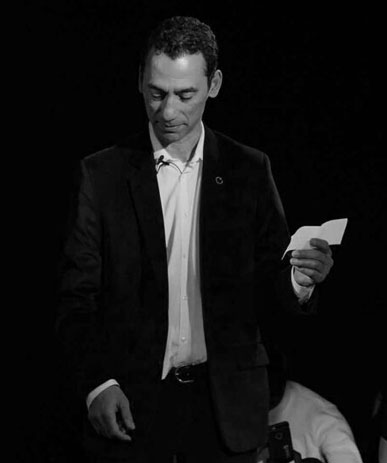
is Associate Professor in the Department of Theatre at Concordia University, Montreal (Quebec, Canada). He is also the second co-director of Concordia’s Centre for Oral History and Digital Storytelling. His latest publications explore listening in the context of post-conflict performances of memory. For instance, see ‘Facilitating voicing and listening in the context of post-conflict performances of memory. The Colombian scenario.’ In: De Nardi, S., Orange, H., et al. Routledge Handbook of Memoryscapes. Routledge: London. (2019), and his article ‘Not being able to speak is torture: performing listening to painful narratives’. International Journal of Transitional Justice, Special Issue Creative Approaches to Transitional Justice: Contributions of Arts and Culture. (March, 2020)